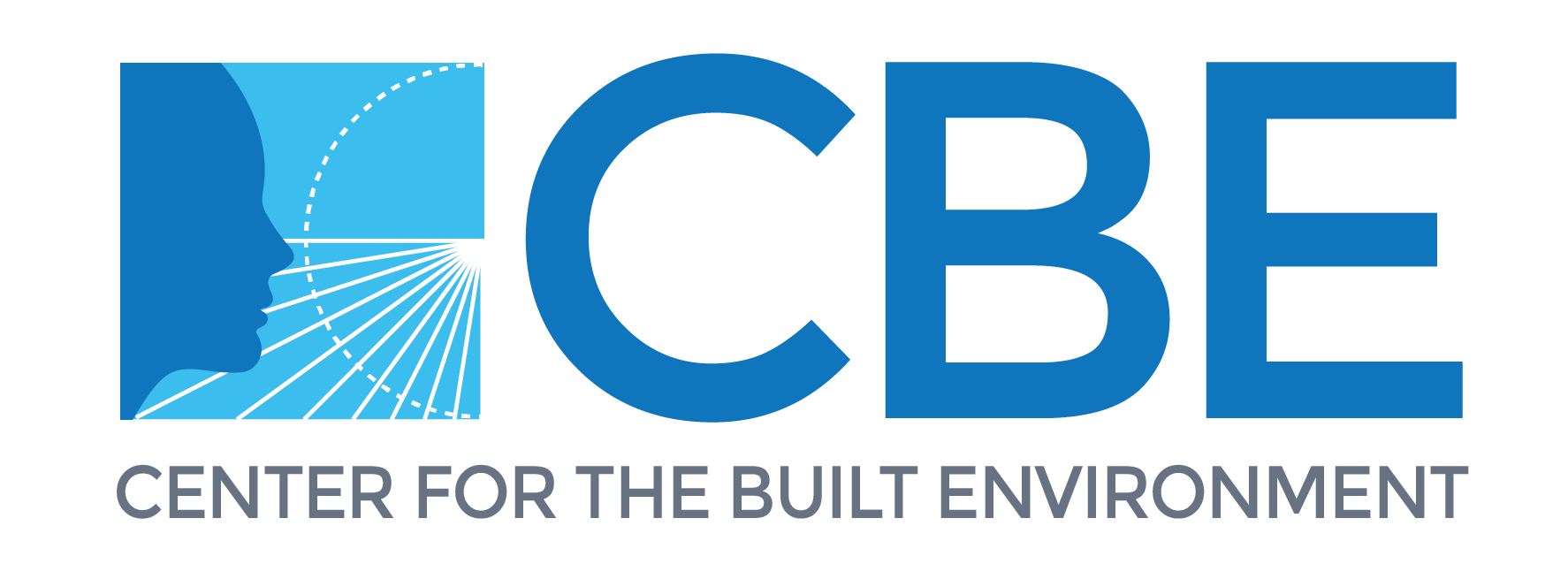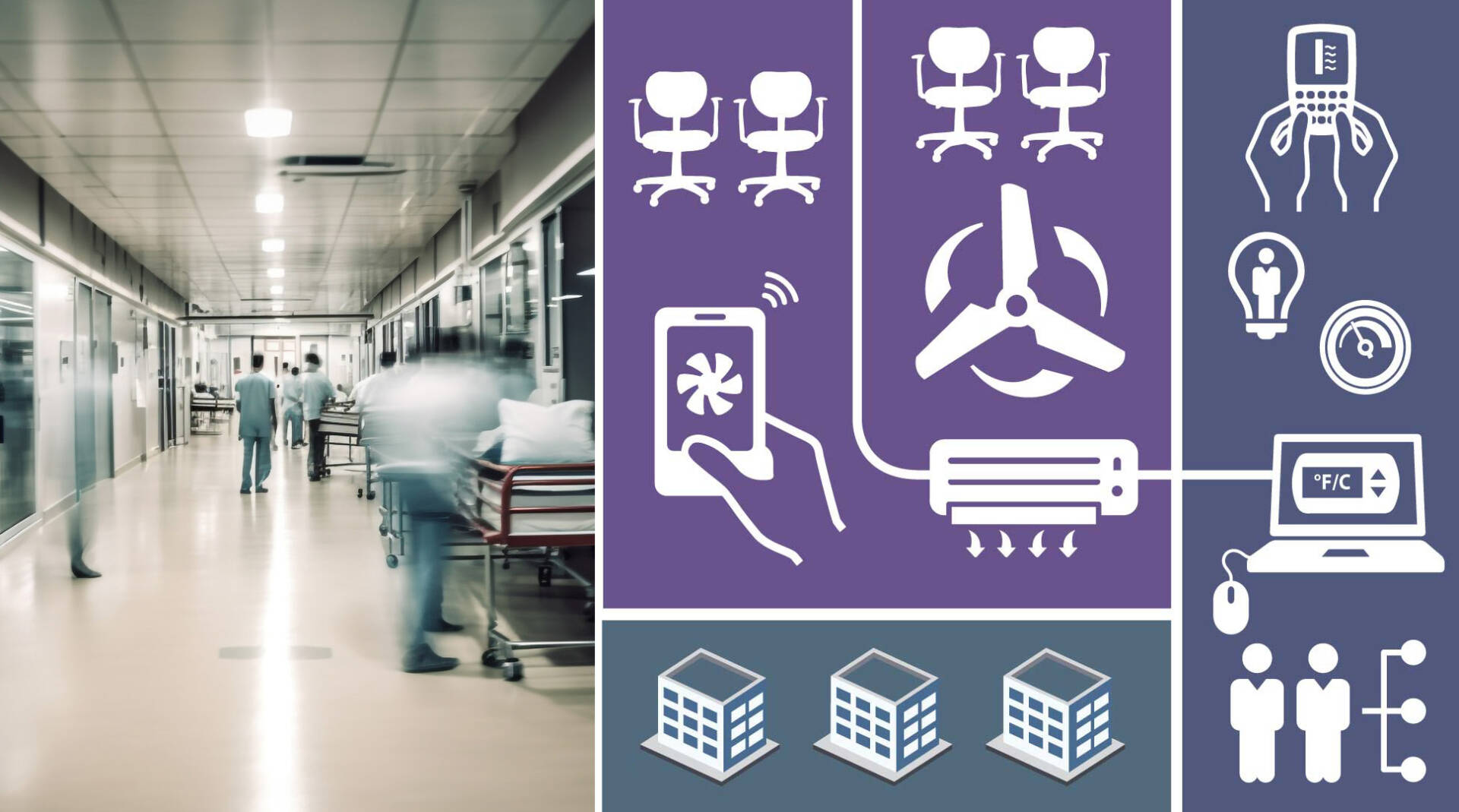This spring CBE’s research team was thrilled to learn we had won two major funding awards from the California Energy Commission. These winning proposals were led by the California Institute for Energy and Environment (CIEE) who will lead the future work in close collaboration with CBE researchers and other contributors. Funding is provided through the CEC’s Grant Funding Opportunity-22-308: Decarbonizing Heating, Ventilation, and Air Conditioning Systems in Large Buildings. Because applicants were required to provide 20% cost share, leveraging funding from CBE industry membership was valuable in gaining these significant awards, and which supplements the in-kind and cash commitments from other team members. Both projects are multi-year efforts, each with a wide range of research activities and tasks, which build on key CBE research and take advantage of our collective knowledge, capabilities and our extensive network of industry and academic partners. (In addition to these projects, CBE is a sub-contractor for another large award led by Lawrence Berkeley National Lab funded under the same RFP.)
Mainstreaming Personal Comfort Devices with Modular Controls
This project builds on our extensive work with thermal comfort, taking it in new directions. Numerous laboratory and field studies have demonstrated that personal comfort devices are effective in increasing comfort for building occupants, and using normal amounts of energy or less. However, the adoption of such devices has been slow, and it is not currently possible to connect such devices with thermostat settings, plug loads or building controls that can lead to the energy savings that research suggests is possible.
Our goal for this project is to advance the adoption of PCDs by testing a new generation of devices, and developing a ‘personal control hub’ that combines sensors, fans, and offers an ability to learn about a person’s thermal preference. We will also create an digital ecosystem that integrates this hub with other devices, and/or with a building management system. This project will continue for approximately four years and culminate by creating a PCD Design Guidebook for engineers, property owners, managers and other building stakeholders. The CBE and CIEE team will include Charlie Huizenga, Hui Zhang, Tobias Kramer and Therese Peffer. Our project team also includes contributors from TRC, Normal Software, ARUP, Lawrence Berkeley National Lab and the University of Notre Dame. More details are listed on this project page.
Decarbonizing Large Commercial Buildings through Heat Recovery and Storage
The rapid shift toward decarbonization through electrification has led numerous building owners to consider or adopt heat pump technology. Early all-electric heating plants for large commercial buildings have mostly deployed air-to-water heat pumps, but these are expensive, require a large footprint, and are not efficient at generating heat in cold weather. In many existing buildings, heat recovery is a cost-effective, energy- and space-efficient solution for decarbonization for many applications. The goal of this project is to demonstrate a large new-to-market heat recovery chiller that uses a refrigerant with an ultra-low GWP. This will be tested in in collaboration with a California health care partner with an extensive portfolio of hospital facilities, with a goal of making it easier to scale this demonstration to other hospitals. The research team will also acquire data, assess life-cycle costs, perform simulations, and develop solutions and resources to aid designers and owners to effectively decarbonize other building types. This multi-year project is expected to begin in summer 2024 and continue until early 2029. It will be led by Paul Raftery and Therese Peffer, and the team includes Taylor Engineers, Lawrence Berkeley National Laboratory, and a California healthcare provider. Please read more about the project here.
We expect that the final research contracts are in place by the end of the summer, and that CBE’s researchers will present the ongoing work at Industry Advisory Board meetings beginning this fall.

